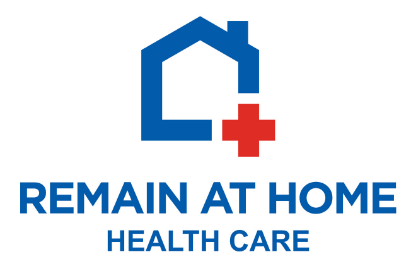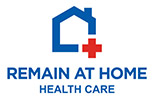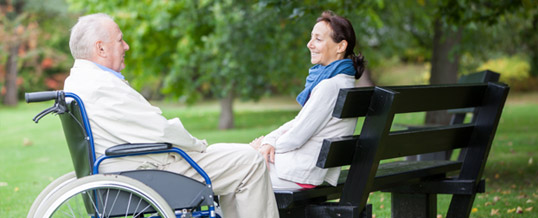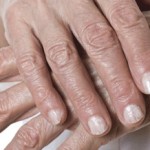Paula Spencer Scott, senior editor at Caring.com, recently compiled a guide to help families determine when caregiver intervention is perhaps necessary. An abridged compilation of the most common signs and symptoms are listed below:
- Recent accidents or close calls, like a fall, medical scare or car accident.
- Slow recovery. How well was a recent illness weathered? Did it develop into something serious? Pneumonia? Was medical help sought when needed?
- Worsening of a chronic health condition. As problems like chronic obstructive pulmonary disease (COPD), memory care issues (early-stage dementia/Alzheimer) or congestive heart failure (CHF) progress, more help will be needed.
- Greater difficulty managing the so-called “activities of daily living,” – i.e. dressing, bathing and cooking.
- Bodily changes, like obvious (and unintentional) weight loss…or gain; increased frailty or unpleasant body odor.
- A loss of active friendships, including outings with friends, visits with neighbors or participation in religious or other group activities.
- Days spent without leaving the house, perhaps because of difficulty driving or a fear of using public transportation; recent behavior changes are noticeable.
- Is someone checking in regularly? If not, is there a home-safety alarm system, a personal alarm system or a daily calling service in place?
- Mail in a chaotic state, scattered about and unopened. Are there unpaid overdue bills, surprising thank-you notes from charities, piles of unread magazines?
- In the kitchen, signs of excess or forgetfulness, like perishables well past their expiration dates.
- Favorite appliances are broken but not scheduled for repair.
- Signs of fires. Look for charred stove knobs or pot bottoms, potholders with burned edges, a discharged fire extinguisher. Do smoke and carbon monoxide detectors have live batteries?
- Home becomes cluttered, spills that were not cleaned up, grime coating bathroom and kitchen appliances or an overflowing laundry basket; neglected plants or pets.
- Signs of neglect outside the home, like broken windows, debris-filled gutters and drains, uncollected rubbish and an overstuffed mailbox.
- Assuming HIPPA compliance, ask the senior’s doctor whether you should be concerned about the person’s health or safety and whether a home assessment by a social worker or geriatric care manager may be advisable; if you expect resistance from the person, ask the doctor to “prescribe” a professional evaluation.
- If you are the primary caregiver, how are you doing? Are you increasingly exhausted, depressed or becoming resentful of the sacrifices you have to make to care for the person? Has “caregiver breakdown” set-in?




